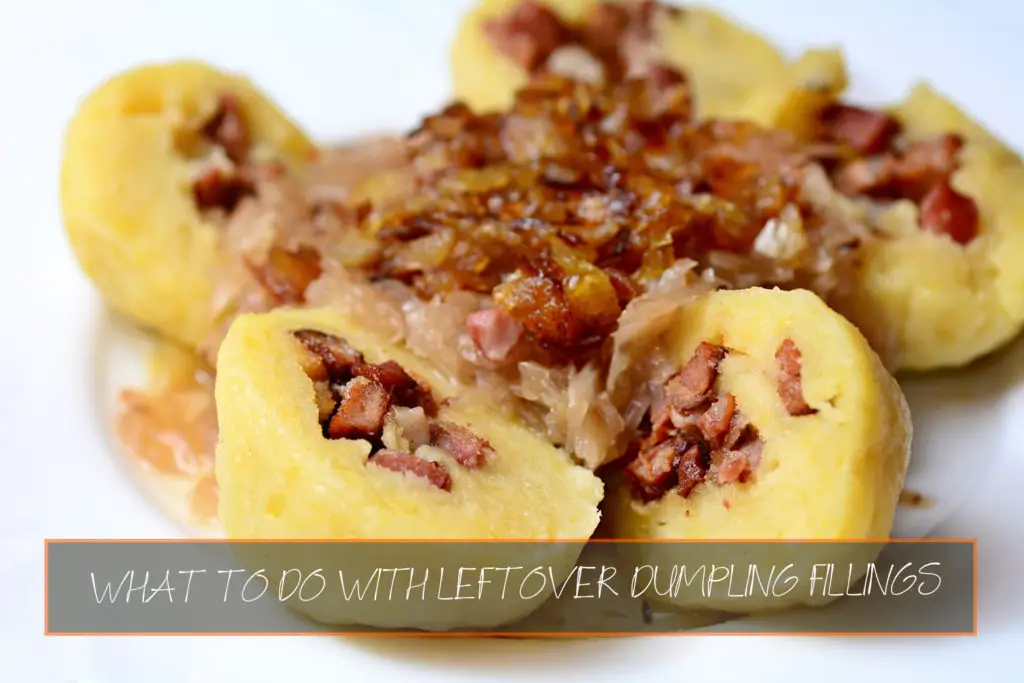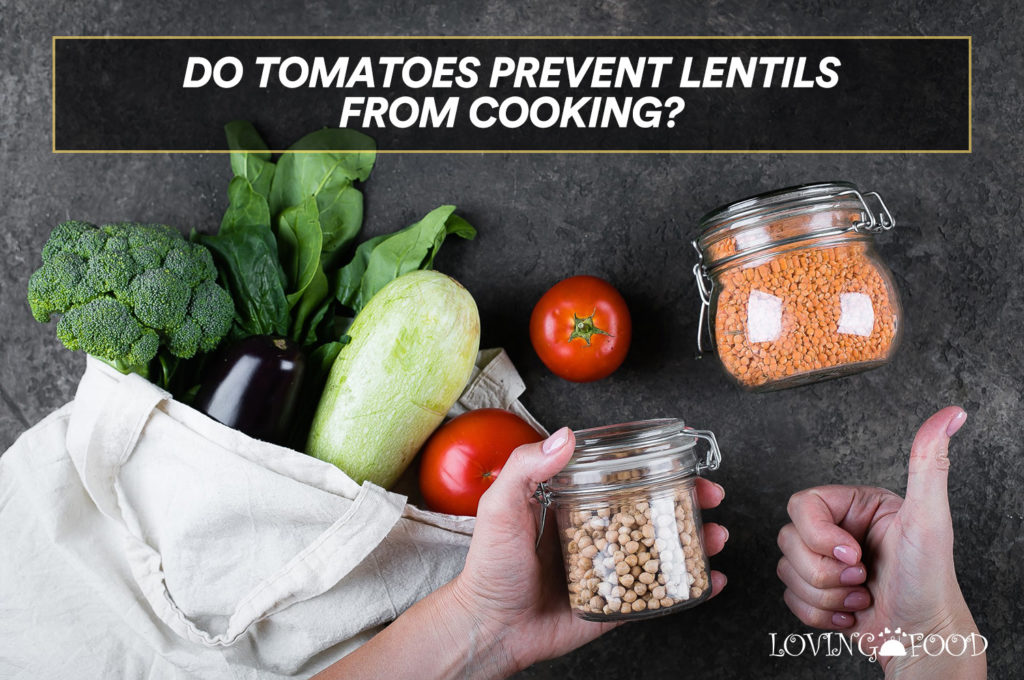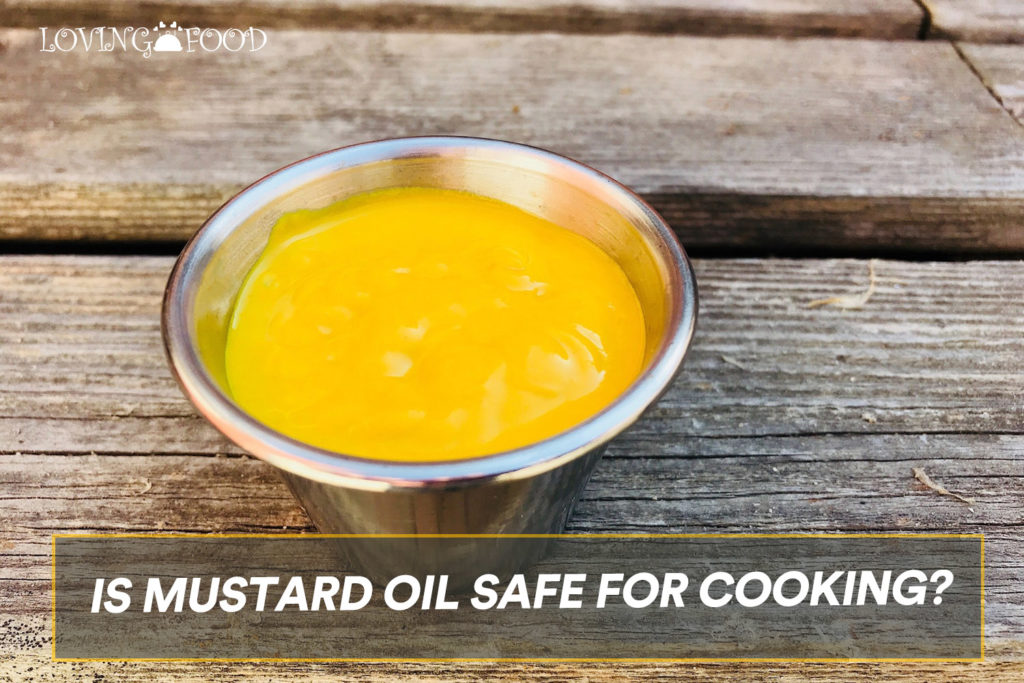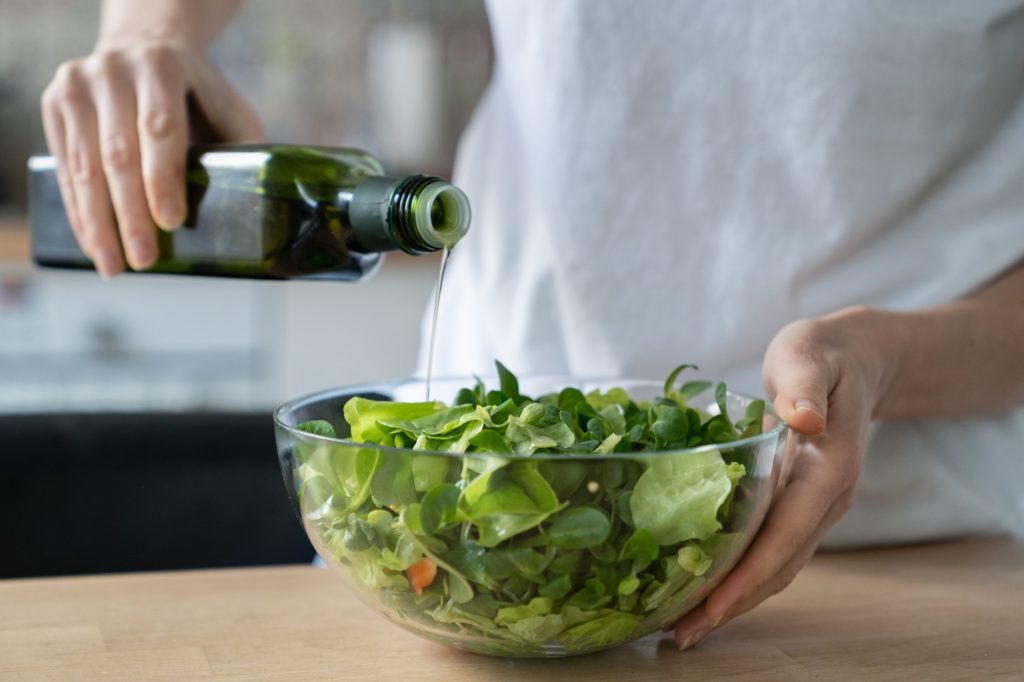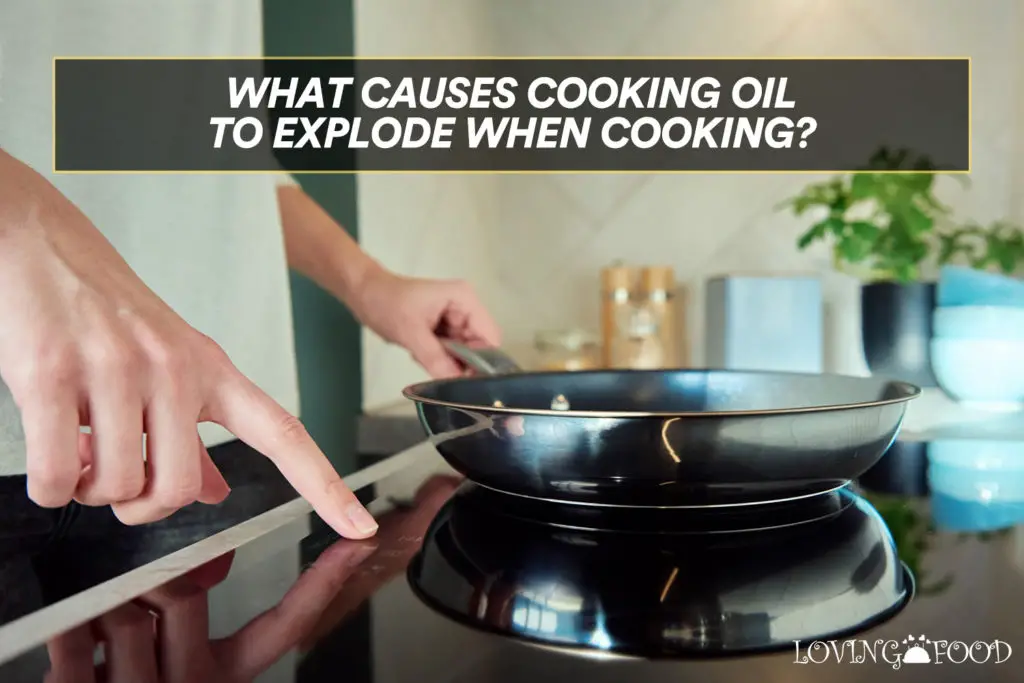Knowing the right thing to do after you have had your teeth filled can be very tasking. It is common for fears of eating or taking a particular drink to spring up and this is as a result of the uncertainty of knowing the right and healthy thing to do after the procedure.
A lot of people have questions as regards dental filling; a more specific question asked is if it is safe to eat after a dental filling.
After a dental filling, it is considered normal to experience sensitivity and discomfort. This can be caused by the activities carried out by the dentist, which the teeth are not used to. As with many people, if this is a bother, then you are at the right place as we have all the information you need to give you clarity on what to do after a dental filling.
This can cause tooth sensitivity, which can happen due to many other reasons. One of such reasons is if the filling is too tall, and in situations like this, it will require some adjustment. Also, tooth sensitivity can occur when a person bites too hard with the recently filled teeth.
Another reason for tooth sensitivity or discomfort after tooth filling is the fact that the filling is a foreign body, which can cause inflammation and take a few days to adjust and get used to this.
Is It Safe to Eat After A Dental Filling?
Yes, once the dental filling is done, it is safe to eat. Depending on the nature of your teeth or how deep the cavity initially was before the procedure, there can be some form of “modification period”, where the teeth are trying to adjust after the puncturing and thrusting done by the dentist.
Generally, there are various reasons why you may experience discomfort or sensitivity after teeth filling, and some of these feelings are not uncommon. However, this should not affect your eating after a dental filling, as it is completely safe for you to eat after filling your teeth. We suggest that if you are in any form of pain or discomfort while eating after dental filling, report to your dentist.
When And What Can I Eat After Having A Filling?
As soon as you get your teeth filled, you can start to eat. It is however advisable to wait till the anesthetic wears off because some parts of the jaw and mouth will be a bit numb and this will alter the ability to bite normally.
Due to this, eating can cause some injury to your lip. One precaution you must follow after a dental filling should be to watch what you eat.

After a dental filling, you need to avoid eating anything hard or sticky like ice, sticky candies, or caramel chews. For the first few days. You should start by eating softer foods until you get used to eating with your new denture. You can eat scrambled eggs, pasta, and soup and don’t eat or drink anything really hot.
Furthermore, you may also need to avoid crunchy foods like nuts.
Can The Type Of Filling I Had, Control What And When I Should Eat After A Dental Filling?
Yes, the type of filling you had can determine what you should eat and when you can eat.
To start with, there are two categories of fillings and various types of filling. The categories of fillings are Temporary fillings and Permanent fillings. The most common types of fillings include amalgam filling and composite fillings which are further divided into white, silver, or gold fillings.
If you had a silver amalgam filling placed, wait about twenty-four hours before chewing on it, since it may take that long for the amalgam material to achieve its final strength. Till then, you may need to chew with the other side of your mouth. If you had a permanent filling placed, you can eat right away.
Generally, no matter the type of filling, you need to avoid eating or drinking anything with extreme temperatures that are too cold or too hot. You also need to avoid too spicy foods that can irritate the nerves.
Why Do You Have Sensations Or Pain After A Dental Filling?
After a filling, you can have minor irritations, sensations, tenderness, or sensitivity for up to two weeks, which is normal, due to the activities carried out by the dentist.
If the pain is however unbearable while eating or the discomfort is beyond normal, it may be caused by irreversible pulpitis, secondary cavities, an irritated nerve, loose or broken fillings and you may need to contact your dentist as soon as you can.
Another reason for pain or sensitivity is that it may be that you are sensitive to the material used in filling or another tooth needs repair.
You can also have pain as a result of an issue with the filling or the tooth itself and there may need to be repositioning or adjustment to set it correctly.
Tips To Note After A Dental Filling
You need to know that your teeth are not used to the procedure they just went through. The drilling and the boring will cause some irritations.
Alongside this, the material used for filling is new to your teeth; hence it will take some adjustment period. The tips provided below will help you in the adjustment process after your filling.
- Don’t chew anything hard on a temporary filling.
- Avoid eating tough or sticky foods.
- Do not eat or drink anything at extreme temperatures because too hot or too cold a substance can cause damage to the filling.
- You need to eat slowly, and do not try to cut through the food, as it will add extra pressure to the tooth surface.
- In case your filling is too high, and you have difficulty crushing food, do not rub the filling or try to flatten it yourself because the tooth might get fractured. See your dentist so it can be reshaped or leveled
- There could be a case of deteriorating fillings. If this happens, make sure you see your dentist have another fixed as soon as you notice.
- Brush regularly and maintain good oral hygiene.
How Long Do Fillings Last?
Once your fillings are done, it is normal for a lifetime, irrespective of this fact, there need is a need for you to have an excellent maintenance culture for your teeth. In as much as it is a known fact that fillings can last a very long time, it will only be applicable if you follow the precautions which we have provided for you in this article.
Difference Between A Dental Filling And A Dental Implant?
Yes, there is a big contrast between dental filling and dental implant. Dental fillings are majorly done to fill up a cavity caused by decay.
The entire tooth is not removed in a dental filling. The decayed area is merely scrapped off and filled with another material. Dental implants on the other hand are the replacement of lost teeth as they are fixed into the jaw bone, to function like a natural tooth. The procedures are quite different, so are the precautions after these procedures.
Conclusion
We have explicitly discussed in this article, the fact that it is safe to eat after a dental filling, but precautions, which have also been discussed must be adhered to. Asides from this, after a dental filling, you should take care of your teeth and maintain good oral hygiene to prevent complications.
If you have any issues after you have had your tooth filled, we advise you to book an appointment to see your dentist as soon as you can.

